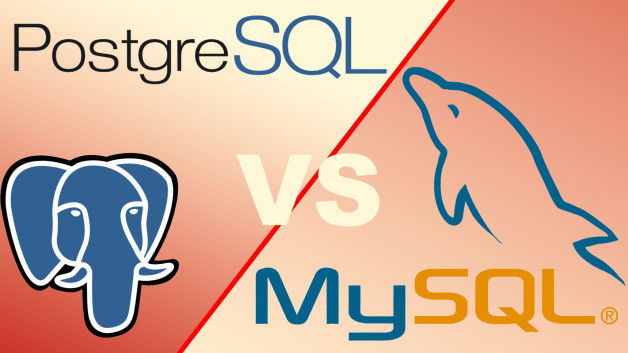Let’s dive into the top 5 perks of using MySQL and PostgreSQL
Throwing in some cool stuff about locations and JSON. Plus, I’ll spotlight something unique to MySQL that PostgreSQL doesn’t offer. Let’s keep it chill and straightforward, like chatting on a sunny beach in Cali.
MySQL: The Go-To for Getting Things Rolling
- Super User-Friendly: MySQL is like your friendly neighborhood guide. It’s super easy to set up and manage, which means you won’t spend hours figuring things out.
- Costs? Nope, It’s free, man! Open-source helps keep those budget blues away.
- Solid Rep for Large Traffic Handling: Scaling up? MySQL can handle the pressure like a pro surfer riding those big waves.
- Widespread Love: With a massive community of users, finding help or resources is as easy as finding a taco truck in SoCal.
- The Unique MySQL Replication: MySQL offers replication features that allow your data to be duplicated across multiple servers easily. PostgreSQL has replication too, but MySQL’s approach is super streamlined and has been in the game longer.
PostgreSQL: The Brainy Contender for Complex Needs
- Data Integrity is King: If your project needs bulletproof accuracy, PostgreSQL is your go-to. It’s all about keeping your data clean and precise.
- Advanced Data Types and Functions: What about JSON and locations? PostgreSQL effortlessly handles complex data like JSON and geospatial data, perfect for when you need more than just the basics.
- Extensibility for Days: It’s like the custom surfboard of databases. You can tweak, extend, and make it exactly what you need.
- PostGIS Extension: For those who need to manage and analyze location data, PostGIS makes PostgreSQL a powerhouse for geographic information systems (GIS).
- Thriving Community and Open-Source: PostgreSQL is backed by a vibrant community, and being open-source means it’s continually evolving.
JSON and Location Handling: The Cool Extras
Both MySQL and PostgreSQL handle JSON, letting you store and query JSON data directly. This is handy for modern web apps where JSON is the leading data exchange language. Regarding location data, PostgreSQL, with its PostGIS extension, is like having GPS on steroids. It lets you do all sorts of spatial queries and analyses, which is incredible for any map-heavy app.
So, whether you’re building a startup from your garage or setting up a complex scientific database, choosing between MySQL and PostgreSQL depends on your needs. MySQL’s ease and efficiency make it perfect for business applications, while PostgreSQL’s robustness suits detailed, complex projects that need to handle intricate data with precision. Just pick the vibe that fits your project’s style!
